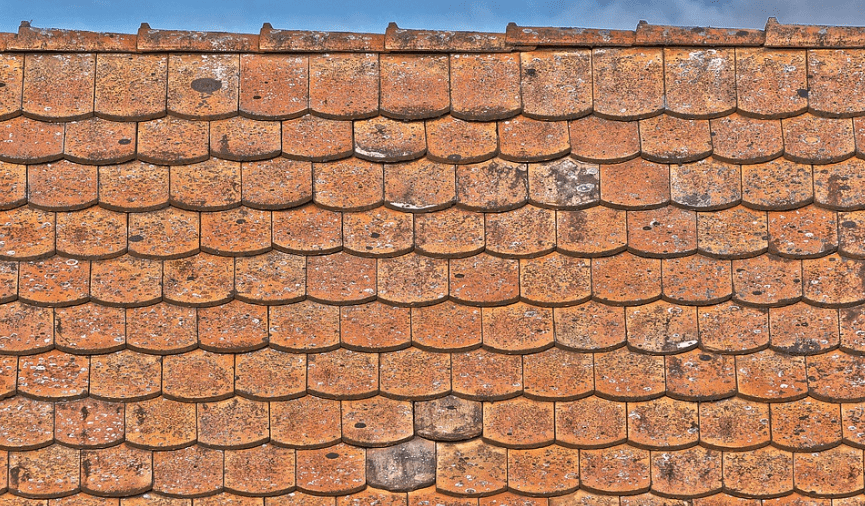The roof is one of the most crucial components of any house, providing shelter, insulation, and overall structural integrity. However, it can be difficult for homeowners to determine whether they should repair their existing roof or replace it entirely. Knowing the signs that indicate extensive damage and understanding the complexities of roofing can help in making this decision. This guide offers insights into various factors that determine whether repairing or replacing your roof is the best route to take.

Age of the Roof
Most residential roofs have a lifespan of 20 to 30 years, depending on the materials used and the environmental factors affecting them. If your roof is nearing or has surpassed its expected lifespan, the chance of recurring issues increases, suggesting that replacement may be necessary. Older roofs often struggle to perform at optimal levels, which can lead to increased energy costs and potential leaks during stormy weather.
In contrast, if the roof is relatively new and has shown signs of wear, it may need repair work. Factors like weather conditions and installation quality significantly impact longevity. For example, an improperly installed roof may develop issues sooner, warranting repairs or even a complete replacement. Always assess the age first, as it significantly informs your decision-making process.
Extent of Damage
The type and extent of damage to your roof greatly influence whether you opt for repairs or a full replacement. Minor issues, such as a few missing shingles or small leaks, typically suggest that repairs are feasible. Addressing these smaller problems promptly prevents them from escalating into larger, more expensive repairs. Homeowners are encouraged to conduct regular roof inspections to catch any minor wear before it becomes a major headache.

In cases where damage is widespread or involves structural support, the situation becomes more complicated. It may make more sense financially and structurally to consider a roof replacement rather than ongoing repairs. For reliable assessments, seeking Long Beach roofing advice can help determine the best course of action. A professional roofer can evaluate the overall condition of your roof and provide expert recommendations tailored to your specific needs and budget.
Presence of Leaks
Leaks indicate a serious issue requiring immediate attention. If the leaks are isolated to a small area, repairs may fix the issue. However, persistent leaking throughout various areas can signify roofing failure and suggest that a full replacement is on the horizon. Assessing the volume and frequency of leaks can guide your decision.
Additionally, determining the source of the leaks is crucial. If leaks are caused by a lack of maintenance or minor wear and tear, repairs are more likely to suffice. Conversely, if the structure is deeply compromised or failing, no amount of repair work will fix fundamental flaws, making replacement the only viable option.
Energy Efficiency Concerns
An often overlooked aspect of roofing is its impact on energy efficiency. Roofs that exhibit major damages will likely reduce insulation effectiveness, leading to higher energy bills over time. If you’re experiencing significant temperature fluctuations within your home and your energy bills continue to rise, your roof may not be performing as it should.
Conducting an energy audit can provide insights into where your roof may be causing inefficiencies. If the roof is responsible mainly for heat loss or gain, replacing it with energy-efficient materials and systems can save homeowners a significant amount in the long run. In cases where do-it-yourself initiatives do not address inefficiencies, replacement is usually the best route.
Aesthetic Appeal
A roof’s appearance impacts your home’s curb appeal and value. Damaged or worn roofs can be unsightly, and patchy repairs may hurt aesthetics. If your roof looks faded or outdated, replacing it can enhance your property’s look and increase its value, especially if you’re planning to sell.
Repairs may suffice if the underlying structure is sound, but worn appearance is a concern. You can choose to repair just those areas that detract from the overall aesthetic or consider a full replacement for a complete overhaul. Ultimately, both taxpayers and prospective buyers appreciate the investment in a visually pleasing property.
Financial Considerations
One of the most essential factors to consider in your decision-to-repair-versus-replace dilemma is your budget. Repairs generally require less upfront investment and may effectively alleviate mounting issues. However, the cumulative costs of repeated repairs can ultimately exceed the cost of a new roof, especially over time.
Understanding your financial situation also requires assessing the potential return on investment for a roof replacement. Homeowners often discover that a new roof significantly boosts property resale value and can lower insurance costs over time. Therefore, while a repair may seem like the preferable choice in the short term, replacement offers greater long-term benefits, leading to a sound financial decision.
The decision to repair or replace your roof requires careful consideration of various elements such as age, damage extent, leaks, energy efficiency, aesthetics, and financial factors. This multifaceted approach can help you make informed choices that benefit your home’s longevity and peace of mind. A well-maintained roof is not just a shelter; it is an essential component of a safe and secure living environment.



